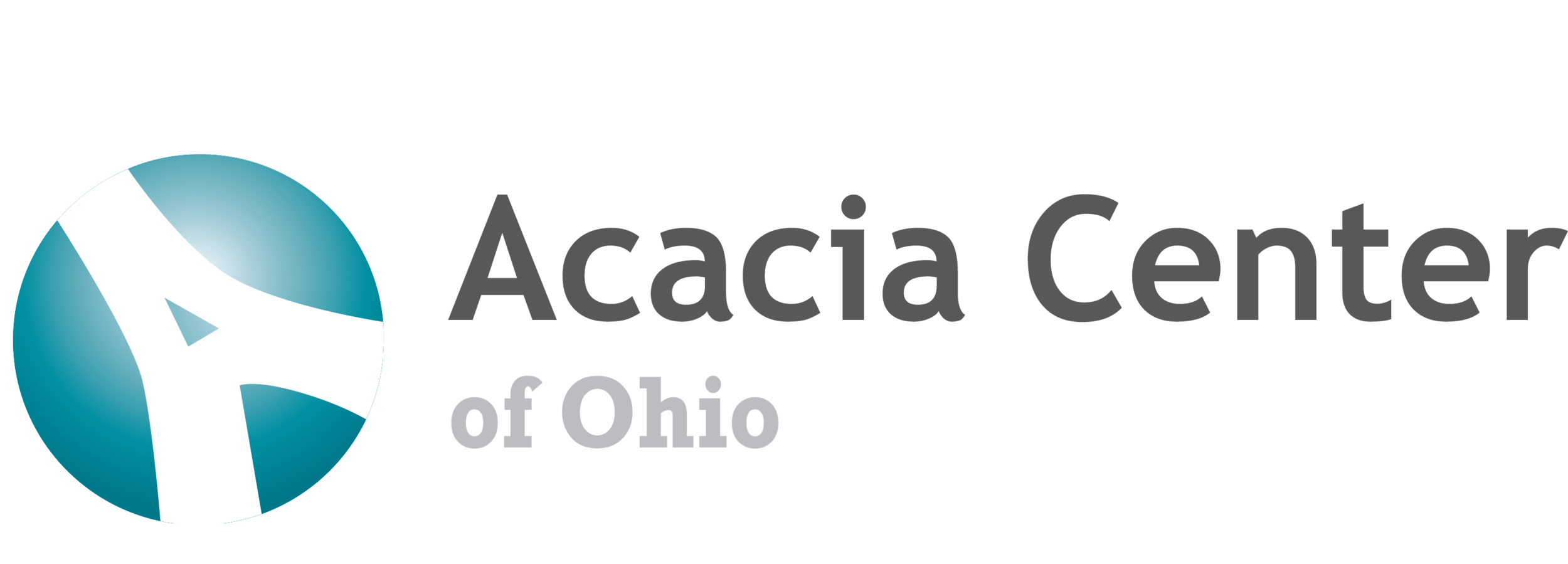Dyslexia Services
With the right tools, education, and support, language difficulties caused by dyslexia can be overcome.
Getting Started
We begin with a simple question: what brought you here? The signs of dyslexia will manifest differently from person to person, but it’s likely that you have noticed difficulty with spelling, word recognition, or trouble understanding the meaning of words and sentences. Perhaps your child has actually received a diagnosis of dyslexia. We are here to help.
Our Approach
At the Acacia Center, our practices are firmly rooted in the Orton Gillingham Approach. Our practitioners have a combined forty-five years of experience in the field of literacy education. Throughout our time in the field, our research and practice have led us to believe that the Orton Gillingham Approach is the best method for helping children with dyslexia gain competence, and confidence in their mastery of language skills.
Step One
We begin by assessing strengths and weaknesses in areas such as reading comprehension, general understanding of sounds, and the ability to rapidly recall information. We look at pre-existing disabilities and diagnoses and gather a history of triumphs and difficulties in the learning process. This initial assessment gives us a good understanding of where we need to begin our journey together.
Empowering You
In everything we do, we strive to empower you and your family as you navigate the landscape of rights, responsibilities, and resources. We are familiar with not just the practice of literacy education, but also the policy that undergirds it. We can help you understand what accommodations and modifications may be available to your family and serve as companions to you on your journey.
The Next Step
Contact us by filling out the information form. Find out more about how we can work together to build a better future for your child—often at no cost to you.
The signs of dyslexia include:
Difficulty reading single words, such as a word on a flashcard
Difficulty learning the connection between letters and sounds
Confusing small words, such as at and to
Letter reversals, such as d for b
Word reversals, such as tip for pit
The Orton-Gillingham Approach
is a research-based, time-tested method of helping learners with language difficulties associated with dyslexia improve their language skills.
Individualized Education Plans
An Individualized Education Plan (IEP) is a written document intended to help children reach specific education goals that may otherwise be difficult to attain. Each IEP must be designed for one student and must be a truly individualized document. The IEP creates an opportunity for teachers, parents, school administrators, related services personnel and students (when appropriate) to work together to improve academic, behavioral and social skills that apply to the needs of the individual child. To obtain an IEP, your child must first be identified for special educational services and from there, a multi-step process begins that will ensure your child receives the appropriate services and support needed to succeed.
At the Acacia Center, we believe that a well-formed and highly individualized IEP can be the start of a successful journey to reading comprehension and writing proficiency. We will work with you to build an IEP that meets your child’s specific needs and is geared toward her success



